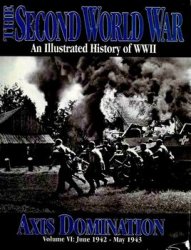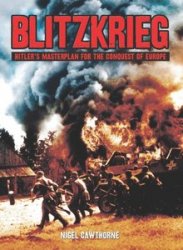In his introduction to Felix Oinas’s anthology (1978) of articles on epics of the world, folklorist Richard Dorson provides a brief but masterful overview of traits that recur in the analyses of various traditions included in the volume. He notes that so many of the works that might be considered to be epic are ‘‘stirring traditional narrative(s) of perilous adventure, daring, and manhood.’’ They may be ‘‘sung, chanted, recited, acted out, danced,’’ but the role of oral composition ‘‘remains an open question in each culture where folk epics have arisen’’ (1978: 4). He observes that heroes manifest human qualities such as bravery or physical might, that they often have divine helpers, and that they may use ‘‘guile’’ as well as strength to vanquish enemies. Underlying story patterns involve conquests, travels, and valor, but the relationship of these works to history varies, for ‘‘the hero of history attracts splendid legends and the hero of fiction assumes a realistic and historical dimension, so that they tend to converge over the course of the epic and saga process’’ (p. 4).
All of Dorson’s observations apply well to materials explored in the study of ‘‘the challenge of Israelite epic.’’ Did Israelites themselves consider the heroic tales of Judges-2 Samuel and of Yhwh, the divine warrior, to be epic? The least one can say is that the Israelites produced a literature entirely comparable to those of the many cultural traditions explored in Oinas’s anthology. Such narratives appealed within ancient Israel as elsewhere, employed in culturally specific ways as a deeply expressive means of asserting and declaring national and ethnic identity.




 World History
World History









